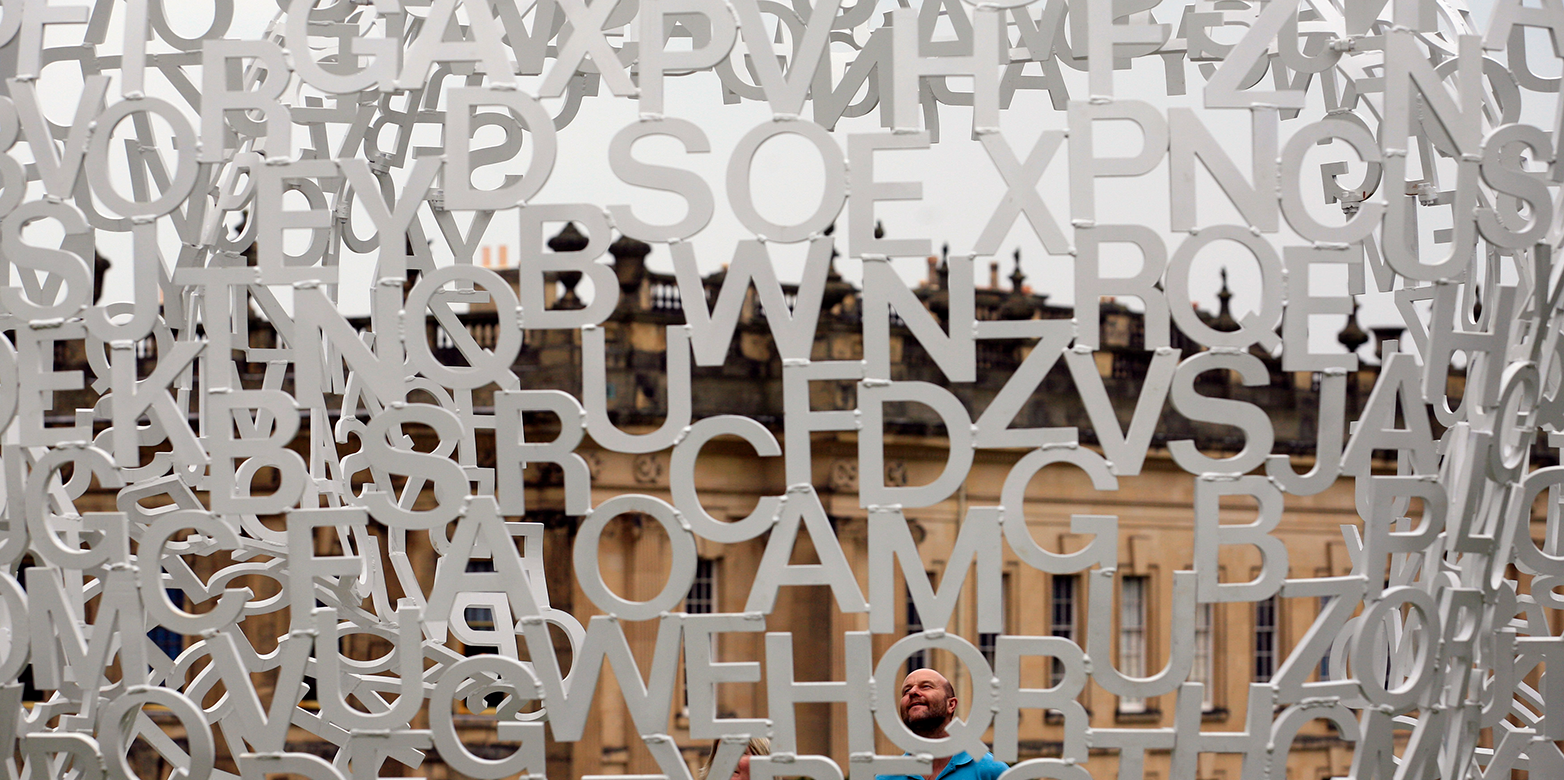Policy Consulting in the Age of Corona
The corona crisis underscores the importance of science-based policy advice. In this CSS Policy Perspective, Oliver Thränert argues that it is necessary to further improve the cooperation between politics and think tanks in Europe.

A man gazes at the sculpture “House of Knowledge” by Spanish artist Jaume Plensa at aSotheby’s sales exhibition at Chatsworth House, Derbyshire, 16 September 2008. Darren Staples / Reuters
Key Points
- The corona crisis illustrates that without research-based policy consulting, policy-makers would even be unable to navigate by dead reckoning. Instead, they would stumble more or less blindly through the crisis.
- The coronavirus has triggered an exceptional crisis in terms of its expected duration, the high levels of uncertainty, and its magnitude, but other similar crises might follow.
- In the US, the polarization of society has brought an end to the golden age of policy consulting. In Europe, however, the desired efforts to improve the interplay between policymaking and academia can take a cue from certain mechanisms that are commonplace in the US.
- European institutions should aim for an increased exchange of personnel between governments and think tanks, as well as more practice-oriented training of think tank staff. Furthermore, establishing interdisciplinary policy consultancy should be accompanied by relevant - that is, more policy-oriented – formats, and by an improved selection of topics.